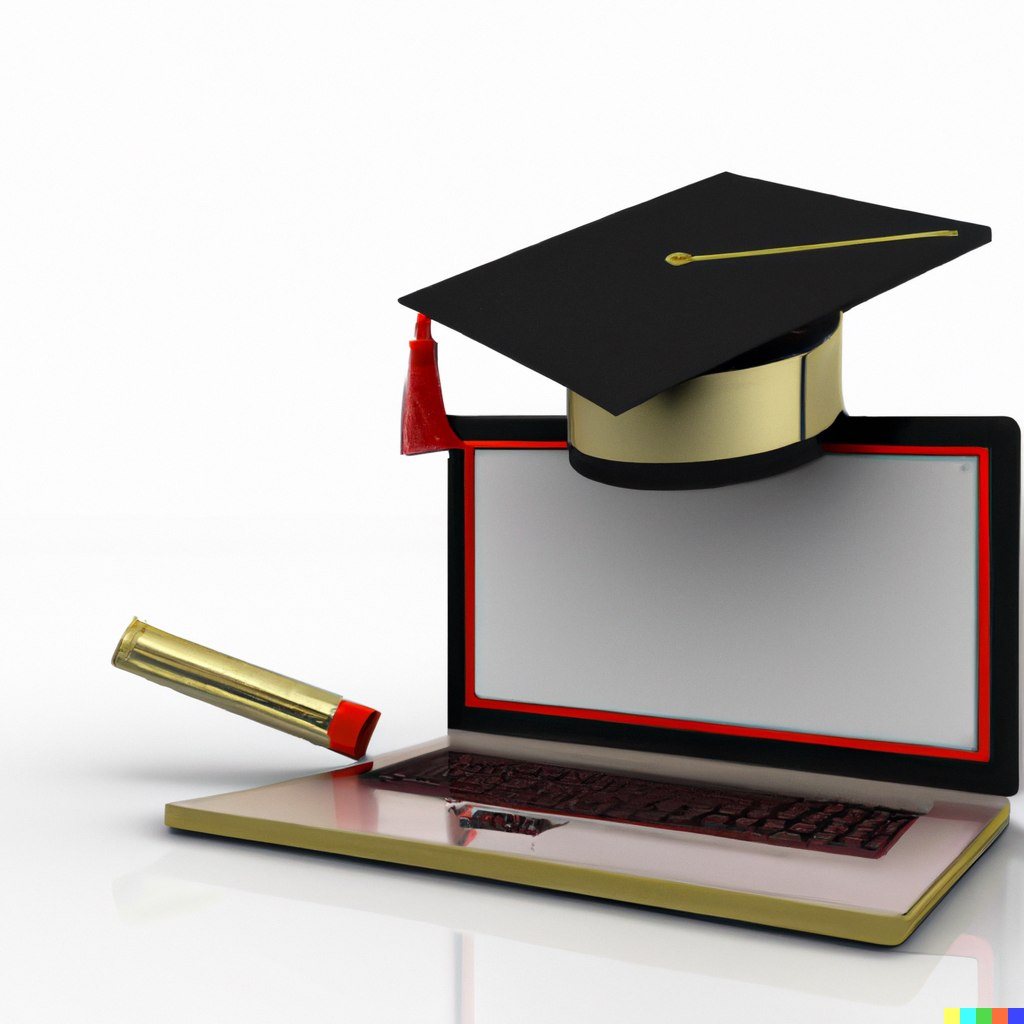June 20 | Education Technology EdTech

In the rapidly evolving landscape of education, technology has become an indispensable tool, transforming traditional teaching methods and enhancing learning experiences across the globe. Educational Technology, often referred to as EdTech, encompasses a wide array of digital tools and resources designed to facilitate learning and improve educational outcomes. From interactive learning platforms to virtual classrooms, EdTech has revolutionized the way students engage with knowledge, empowering educators and learners alike.
Historically, education has been bound by physical classrooms, textbooks, and limited resources. However, the advent of EdTech has broken down these barriers, offering new opportunities for personalized and adaptive learning. Platforms like Khan Academy, Coursera, and edX have democratized education by providing access to high-quality courses from renowned institutions to learners worldwide. This democratization is not just limited to higher education but extends to K-12 levels with platforms like Google Classroom and Seesaw facilitating remote learning and collaboration among students and teachers.
One of the key advantages of EdTech is its ability to cater to diverse learning styles and preferences. Interactive simulations, multimedia content, and gamified learning modules make complex concepts more accessible and engaging for students. Adaptive learning algorithms analyze student performance and provide personalized feedback, allowing educators to tailor their teaching strategies to meet individual needs effectively.
Virtual reality (VR) and augmented reality (AR) have also emerged as powerful tools in EdTech, offering immersive experiences that simulate real-world scenarios. For instance, medical students can practice surgical procedures in a virtual environment, while history students can explore ancient civilizations through interactive AR tours. Such immersive technologies not only deepen understanding but also foster creativity and critical thinking.
Beyond the classroom, EdTech empowers educators by streamlining administrative tasks, enabling data-driven insights, and fostering professional development. Learning management systems (LMS) like Moodle and Canvas facilitate lesson planning, grading, and communication, freeing up teachers to focus more on instructional strategies and student interaction. Advanced analytics provided by these systems offer valuable insights into student progress and performance trends, enabling targeted interventions and personalized support.
Professional development opportunities abound in the realm of EdTech, with educators gaining access to online courses, webinars, and virtual conferences. These resources not only keep educators abreast of the latest teaching methodologies and technological advancements but also promote collaboration and knowledge sharing within the education community.
Despite its transformative potential, EdTech is not without challenges. Issues such as the digital divide, privacy concerns, and the need for equitable access to technology remain significant barriers to its widespread adoption. Bridging these gaps requires concerted efforts from policymakers, educators, and technology providers to ensure that all students have equal opportunities to benefit from EdTech innovations.
Looking ahead, the future of EdTech promises even greater advancements. Artificial intelligence (AI) and machine learning (ML) are expected to play increasingly pivotal roles in adapting learning experiences in real-time based on student interactions and performance data. Blockchain technology holds the potential to revolutionize credentialing and certification processes, providing secure and verifiable records of academic achievements.
In conclusion, EdTech represents a paradigm shift in education, offering unprecedented opportunities to enhance learning outcomes, foster innovation, and prepare students for success in the digital age. As technology continues to evolve, so too will its impact on education, paving the way for a more inclusive, adaptive, and interconnected learning ecosystem.
Embracing EdTech is not just about adopting new tools but embracing a transformative approach to education that prioritizes accessibility, engagement, and lifelong learning. By harnessing the power of technology, we can create a future where every learner has the opportunity to thrive and achieve their full potential.
SHARE THIS:
© Copyright 2026Global Tech AwardsAll Rights Reserved